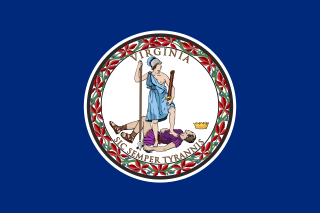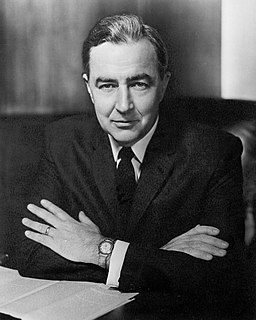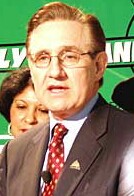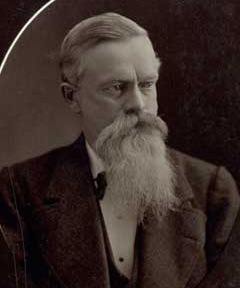Life and career
Kennedy was born in Virginia in 1801. He moved to Wisconsin in 1839 and from there to Minnesota in 1844, settling in the frontier town of Dakotah (today part of Stillwater, Minnesota). He ran a series of hotels in the Minnesota Territory's early towns before moving to Saint Paul, Minnesota in 1848 to run a hotel called the Central House. When the Minnesota Territory was formally organized in 1849, the territorial legislature's first meeting was held at his hotel. In 1851 he was elected the president of St. Paul's town board, serving one term. After serving as mayor, he went on to serve terms as the tax collector for the Port of St. Paul as well as the inspector of steamboats. Kennedy pursued several other business interests including a stagecoach line and a successful venture gold mining in Montana, but remained most well known for his heavy involvement in the hotel business. He died on June 21, 1889. He is buried in Oakland Cemetery in St. Paul. [1] [2]

Virginia, officially the Commonwealth of Virginia, is a state in the Southeastern and Mid-Atlantic regions of the United States located between the Atlantic Coast and the Appalachian Mountains. Virginia is nicknamed the "Old Dominion" due to its status as the first English colonial possession established in mainland North America and "Mother of Presidents" because eight U.S. presidents were born there, more than any other state. The geography and climate of the Commonwealth are shaped by the Blue Ridge Mountains and the Chesapeake Bay, which provide habitat for much of its flora and fauna. The capital of the Commonwealth is Richmond; Virginia Beach is the most populous city, and Fairfax County is the most populous political subdivision. The Commonwealth's estimated population as of 2017 is over 8.4 million.

Stillwater is a city in Washington County, Minnesota across the St. Croix River from the state of Wisconsin. It is the county seat. The population was 18,225 at the 2010 census. Stillwater is part of the Twin Cities Metro Area.

Saint Paul is the capital and second-most populous city of the U.S. state of Minnesota. As of 2017, the city's estimated population was 309,180. Saint Paul is the county seat of Ramsey County, the smallest and most densely populated county in Minnesota. The city lies mostly on the east bank of the Mississippi River in the area surrounding its point of confluence with the Minnesota River, and adjoins Minneapolis, the state's largest city. Known as the "Twin Cities", the two form the core of Minneapolis–Saint Paul, the 16th-largest metropolitan area in the United States, with about 3.6 million residents.









